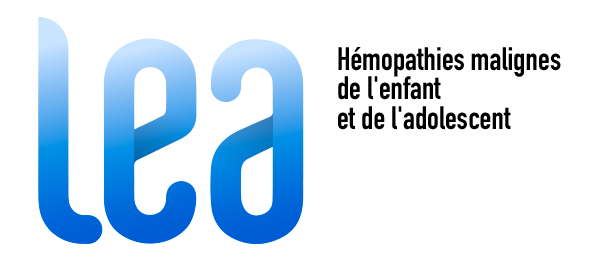Cindy Faust, Pascal Auquier, Yves Bertrand, Marie-Dominique Tabone, Sophie Ansoborlo, André Baruchel, Virginie Gandemer, Jean-Hugues Dalle, Pascal Chastagner, Justyna Kanold, Maryline Poirée, Alexandre Theron, Geneviève Plat, Isabelle Pellier, Gérard Michel, Julie Berbis
J Cancer Surviv. 2023 May 10. doi: 10.1007/s11764-023-01385-2
https://pubmed.ncbi.nlm.nih.gov/37162684/
Abstract
Purpose: In the context of pediatric cancer, siblings’ adaptation and needs have been previously investigated; however, research on the long-term consequences on siblings, especially on their family environment, is scarce. We aimed to (1) assess the family functioning (FF) perceived by siblings of childhood leukemia survivors long after diagnosis and (2) explore characteristics likely associated and investigate associations with psycho-behavioral and social factors.
Methods: Childhood leukemia survivors’ siblings older than 11 years were recruited through the LEA cohort, a French long-term follow-up program, and completed the family assessment device (FAD). Logistic regression analysis was used to determine factors likely associated with unhealthy functioning in families as perceived by siblings. Structural equation modeling (SEM) was used to examine relationships that predict siblings’ perception of FF.
Results: We included 605 siblings (mean follow-up time from diagnosis 14.1 ± 6.8 years), of whom 175 (28.9%) perceived unhealthy functioning. SEM showed that older siblings were more likely to perceive problematic functioning (β = 0.095, p = 0.014). Sex and leukemia burden had indirect effects on FF through mediators. Family financial situation at diagnosis was not associated with the risk of reporting unhealthy functioning.
Conclusions: Our study contributed to identifying siblings at risk of facing family issues and reinforced the need to provide more consideration and suitable resources to avoid late consequences. Often considered as the « forgotten children », future research should focus on developing targeted interventions to facilitate family communication and improve siblings’ social support.
Implications for cancer survivors: Overall, results regarding FF perceived by siblings are reassuring and provide new enlightening elements that allow for better support to all families.
Keywords: Childhood leukemia; Family functioning; Long-term follow-up; Siblings; Survivors.

